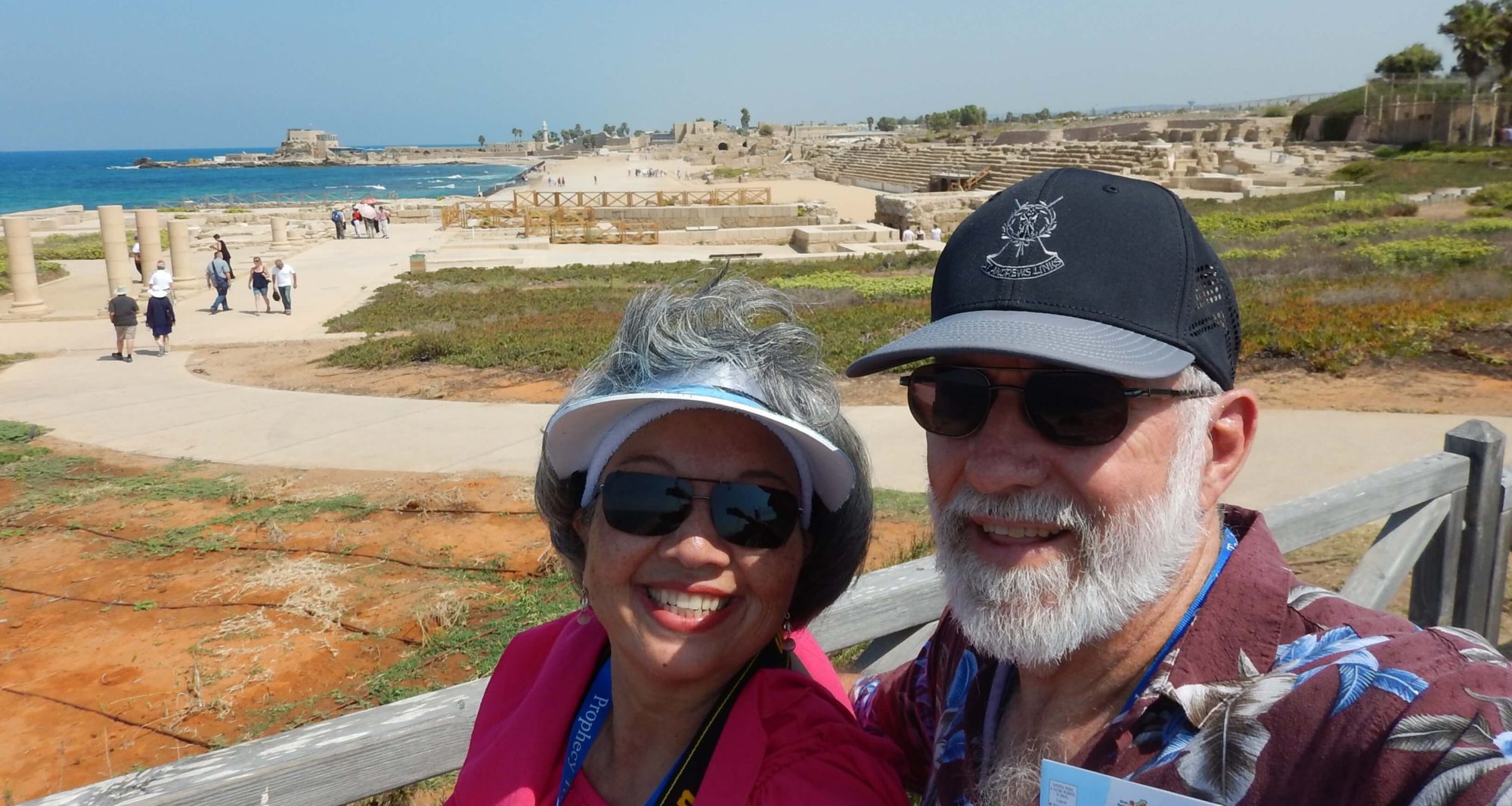
“And he said unto them, Take heed what ye hear: with what measure ye mete, it shall be measured to you: and unto you that hear shall more be given.” – Mark 4:24
I remember playing the game, Telephone, when I was younger. The game started with one person whispering a story in another’s ear, then that person would whisper the same story into another person’s ear, and so on, until the last person would repeat aloud what was whispered into his ear. The results were often vastly different than the original story!
I wonder how carefully I listen today, and when I do, do I consider the source? There’s a lot of information available to us all, and we can get it at a moment’s notice due to technology. For example, the internet is rampant with articles about the coronavirus. The more grim the story, the more attention it seems to receive. I wonder how many people actually check the sources for credibility.
In Mark 4, Jesus is speaking to a group of His followers, and He warns them to be careful with what they hear. They were instructed by the Lord to be diligent discerners of everything that was told to them. This is important for us as well. However, it becomes critical when listening to Bible-based messages through Sunday school lessons, sermons, ladies’ meetings, radio podcasts, or other means of communication. We must always consider the source.
Just because someone stands before you, doesn’t mean they are the ultimate authority on the subject. As a Christian, when someone teaches or preaches anything related to the Lord, it is our responsibility to check what they say against the Bible. We need to be like the Bereans, who are commended in Acts 17:11. “These were more noble than those in Thessalonica, in that they received the word with all readiness of mind, and searched the scriptures daily, whether those things were so.”
Do you ever wonder why faithful pastors include Scripture references in their messages? It encourages us to “check it out,” that is, to compare what is being preached to the Word of God. I once was invited to a church where the person delivering the message never opened a Bible, and never made one single Scripture reference. No one in the congregation had a Bible either. They did not have discerning ears. Instead, they blindly believed everything they heard. This is very dangerous for the hearer because they will never recognize false doctrine when they hear it. 2 Peter 2:1 states, “But there were false prophets also among the people, even as there shall be false teachers among you, who privily shall bring in damnable heresies, even denying the Lord that bought them, and bring upon themselves swift destruction.” We must never let our guard down when it comes to discerning what we hear about God, even if we hear it from our own lips!
I love discussing things I’ve learned from a Sunday school class or sermon with others. It’s enlightening to hear how God illuminates His Word in the hearts of His people, and I learn from these chats, but even my own thoughts should align with the Bible. If I cannot support what I say with Scripture, my thoughts are merely speculation, and I must be careful to identify them as such so as not to mislead anyone.
We learn how to apply concepts in Scripture by speculation and application, but we must always remember that it is the Word of God that is the ultimate authority when it comes to the intent of God. Skewing Scripture to fit one’s own philosophies is never be acceptable; we should alter our own personal beliefs to align with the Bible. This can be very difficult if a person has spent a lifetime believing certain things as “carved in stone,” then discovering that there is no Scripture to back it up. Is that wrong? Not necessarily so, but it also doesn’t make it right. It’s one of those things in the area of speculation. Some speculations make sense to the human mind, but that doesn’t make them the absolute truth.
Only God’s Word is the absolute truth. Measure all you hear against it. As you consistently do this, you will be given even more spiritual illumination and understanding.
Open my ears, that I may hear
Voices of truth Thou sendest clear;
And while the wave notes fall on my ear,
Everything false will disappear.
Open my mind, that I may read
More of Thy love in word and deed;
What shall I fear while yet Thou dost lead?
Only for light from Thee I plead.
Silently now I wait for Thee,
Ready my God, Thy will to see,
Open my ears, illumine me,
Spirit divine!
(from “Open My Eyes That I May See” by Clara Scott)
“Then shall the righteous shine forth as the sun in the kingdom of their Father. Who hath ears to hear, let him hear.” – Matthew 13:43
**********
There is no “fake news” in the Bible!
